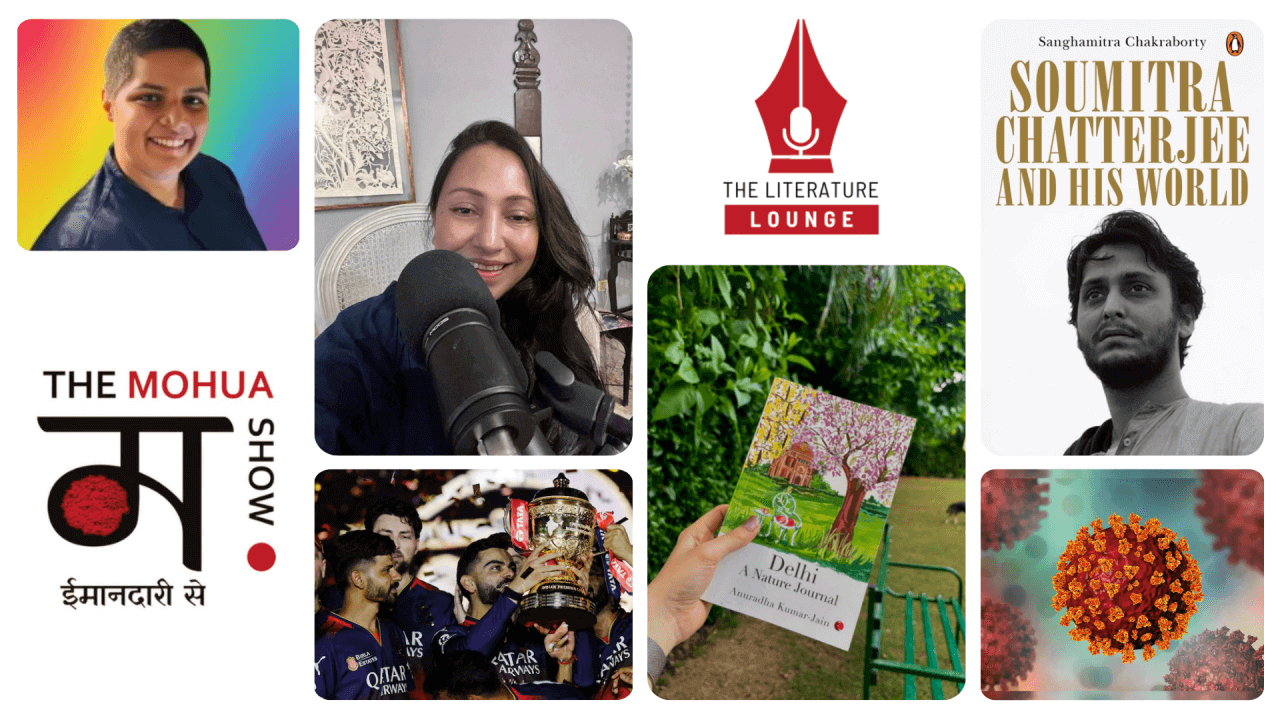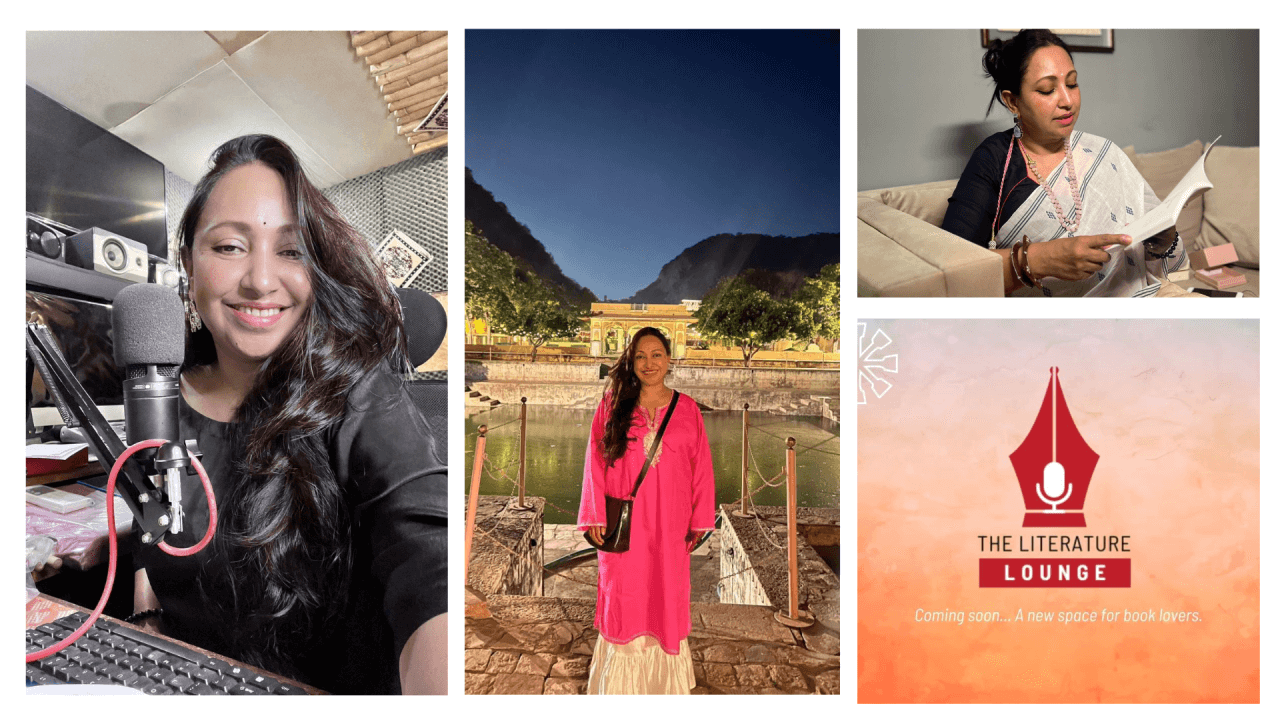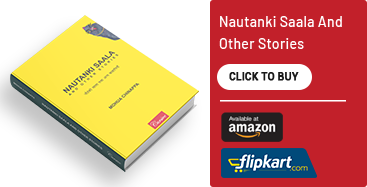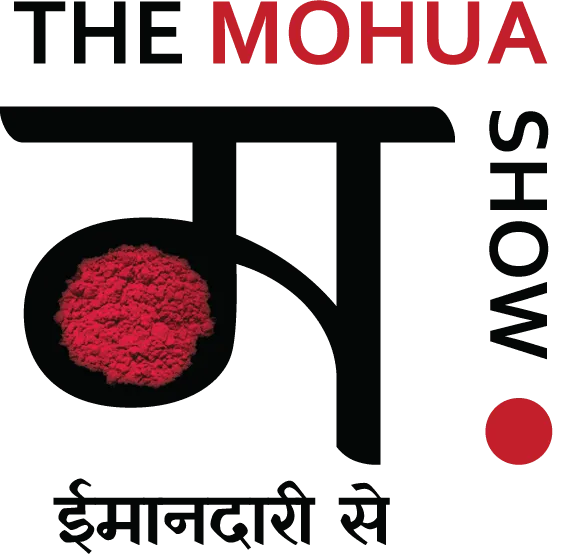Heralding Poila Boisakh Amid the Chaos of 2020
Today on Poila Boisakh, the customer is treated like Lakshmi and as the businessman closes accounts for the year, he offers the customer sweets and a gift, thanking them for their patronage.
This Poila Boisakh is very different from before. There is mayhem all around. A dystopian dream of people with masks and empty streets, hungry strays and no human beings.
Small business owners will not start their new ledger books, what we call the Haalkhata in Bengal. This Haalkhata closing and opening is also metaphorically an opening of our consciousness as we find god in the receiver of our prosperity. This time in Assam in the remote villages the Norwesters, also called the Kalboishakhi, has ravaged homes in its fury.
I share a story of a little home in Udalguri, Assam. It is a sad one, but it is one we must know. Here lived a family of 5 people, mother, father & their three children.
Mother used to work in the fields, clean the rice and cook and no one knew she had cancer till she died leaving the children and the father to fend for themselves. Father sent his eldest daughter of 12 to work in the city and the money that she sent, he put that into the little patch of land he had. His other daughter and son all of 7 & 10 worked in the tea estate to bring in the means.
They worked and the father drank to overcome his despair. The children are older now and relatively settled. But their eyes have a sad look of longing for a lost childhood they never had.
Last Thursday the storm again came unannounced, it hissed like a snake, the betel trees shook violently and suddenly its furious downpour broke upon the land. It took away the kitchen roof and the saved grains and sesame seeds and left a roofless home in its wake. It rained, it clapped with thunder like it was mocking them all and then stopped in its tracks like it had suddenly changed its mind.
Father now sits in his roofless home and stares at the open skies, holding his bottle to not face the truth of his life’s constant uncertainties. He is sure he will not get treatment if COVID-19 attacks his already weak immune system.
The drunk father calls his children incessantly but the big tree that fell on the road, he can’t reach the bank ahead.
The children are all divided across cities. Do you know him? No! You don’t, nor do I. I just heard about him. I don’t know if he breathes, eats, cries or is angry. He is just another person away from my perfect life of much. But I know there are villages and daily wage labourers who are dying with hunger and no medicines today as the world is struggling to keep its head together and fight.
What a nightmare.
But.. Poila Boisakh, and all the spring festivals across India, are about hope. New beginnings. Harvesting the fruits of our labour. Bouncing back from calamity and drought. We’ve lasted millennia on this hope, braving our moody, unforgiving tropics, our hot, sandy deserts and the harsh, cold mountains and here we are still. Many of us are as yet not well-fed, sheltered and thriving but if we all come together, we could be. No one should have to struggle for their basic needs and dignity. Once this pandemic is over, and it will be over, children will again paint rainbows, write happy stories and sing songs of benevolence.
The only way to look at this year’s darkened Poila Boisakh is to look at ourselves and see where we can do better, not just with this pandemic but as people, as a country, as a world. And pray for a new Boisakh next year where we can look back and say “wow, how far we’ve come!”.
Love,
Mohua





